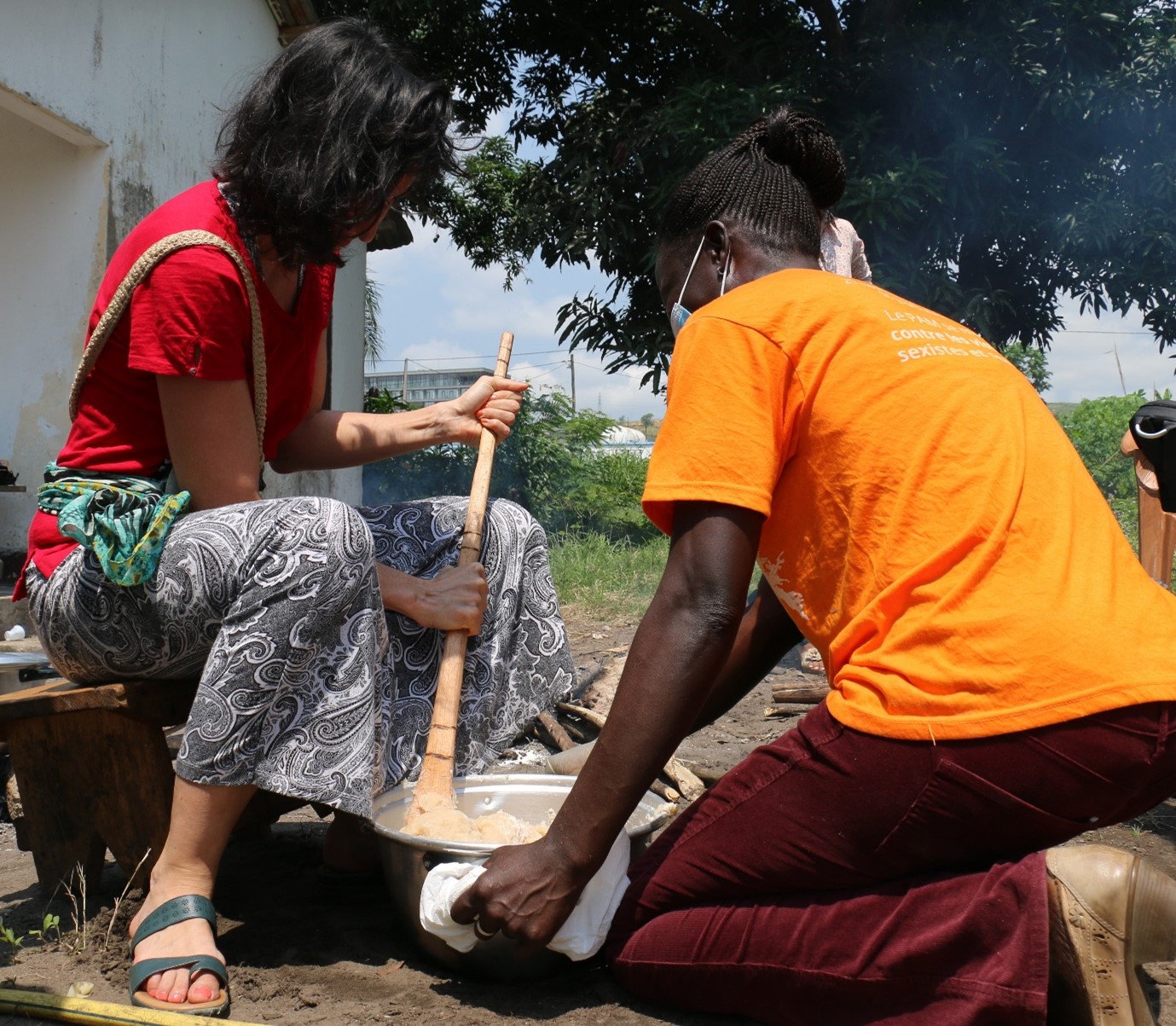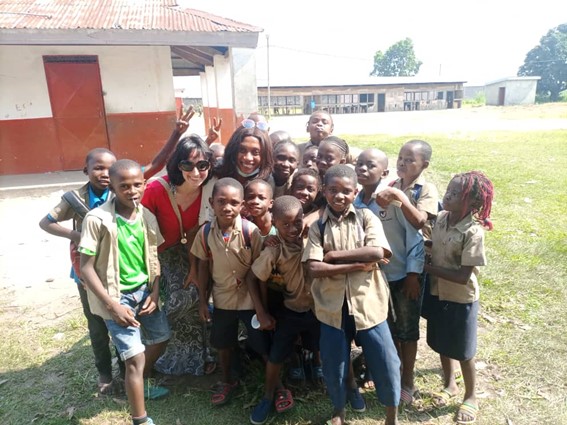Dr Aurelie Bechoff
Senior Research Fellow & Food Tecnologist
Why or how did you get into science?
At school, I was always torn between science and literature, but then I moved towards science and biology for my baccalaureate (A level in France) and carried on in the science field at university.
I guess I initially developed an interest in science because of my fascination for nature: I have always been attracted by the beauty and intricacy of nature and wildlife, including animals, plants and landscapes. I like the practical application of my job – it is to do with food – an aspect of science that everybody is familiar with and concerned about, because we all need food for life.
Did anyone in particular influence you?
My PhD supervisors definitely had the strongest influence in terms of developing and orientating my research career. When I started the PhD, I was not sure I would be able to pursue a research career because of the specific and highly demanding skills required for this type of job. Thanks to the encouragement and guidance from my PhD supervisors, I was trained in the fundamentals of conducting research in food science in low-middle income countries (LMICs): I learned how to conduct research trials in a rigorous way, manage a budget and a team overseas, analyse data, write publications and research proposals, etc…This shaped my approach and understanding of research. And I slowly developed experience building on those fundamental principles learned during the PhD.
What is your particular field and how did you choose it, or did it choose you?
I am a food technologist by background and more recently I have acquired a qualification as a nutritionist. My main area of expertise is in nutrient retention during processing (i.e. provitamin A retention during drying and storage of dried roots and tubers) and in sensory and consumer testing of nutritious or locally made foods in LMICs. My main growing interest is on the development of novel food formulations to efficiently tackle malnutrition of children living in poor areas. I would like to make a difference in helping those who crucially need improvement in their food to survive and develop.
What advice would you give to other young women reading this who are thinking of pursuing a career in science?
It is very important to think about what you really like doing, pursue a career that you have a specific interest in. Undertaking a career in science and more specifically in research, requires high commitment: you may have to work out-of-working hours, spend days/months developing project ideas, and the pay is not an incentive in this type of career. This is the type of job which requires passion, rigour, and commitment. But why don’t you try for a while (e.g. take a course, get into a job as a research assistant or start a PhD), and see whether this type of work suits your personality and interest?
Is there anything you wish you had done differently in your career so far?
In terms of my career choice, I don’t have any regrets. But I have often had high levels of stress and I wish I had not worried so much, because most times things got better and I managed to complete the tasks or projects in the end.
What does the significance of this, the International Day of Women and Girls in Science, day mean to you?
In the World today, there are still too many women and girls who are not given the opportunity to reach their full potential. They are not encouraged to develop their abilities, they are neglected, or worse, abused. It is the responsibility of the whole of society to support equality and equity between genders. The divide between different wealth segments of society and gender inequality is particularly high where there is poverty, humanitarian challenges and conflicts. We need to give a voice to the voiceless and help those vulnerable not only to survive but thrive. Until now in same parts of world, girls are not able to go to school, and sometime are married too early, and against their will. The International Day of Women is an opportunity for women and girls to express their voice and increase global action for a better recognition of their human rights.
Link to NRI profile: https://www.nri.org/people/bechoff-aurelie


